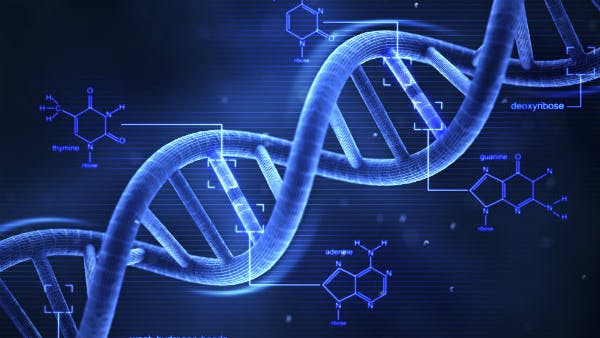Source: Thailand Medical News Jan 07, 2020 5 years, 3 months, 2 weeks, 5 days, 18 hours, 8 minutes ago
According to new research from the Francis Crick Institute, UK, benign
intestinal tumors with mutations that delete or inactivate two particular tumor-suppressing
genes develop more quickly towards cancerous forms.

Typically, there are various types of
cancer that affect the
intestines, including
cancers in either the small or large
intestines. These
intestinal cancers can develop from initially benign
tumors which over time become cancerous. For example,
colorectal cancer is a common
cancer with over 1.8 million new cases each year.
The new study, published in the
EMBO Journal, found that if two
genes,
NEDD4 and
NEDD4L, are deleted in benign tumor tissue in the
intestines, the
tumor creates more stem cells and so more rapidly develops into a
tumor that is more likely to become cancerous.
The medical oncology researchers found that these two
genes produce enzymes which inhibit a process called
Wnt signaling, which is important in cell growth and determination. If these
genes are deleted or become ineffective, this
Wnt pathway becomes more active and this stimulates another
gene,
LGR5, to produce more intestinal stem cells.
Upon removing the
NEDD4 and
NEDD4L genes in mice and in intestinal organoids, "mini-organs" which mirror the behavior of organs in the body, the researchers found that without either or both of these
genes, stem cells were produced more quickly. When these
genes where removed from benign
tumors, the
tumors produced more stem cells and developed more quickly into a form that could become
cancerous.
Dr Laura Novellasdemunt, lead author and postdoc in the Crick's Stem Cell and
Cancer Biology Laboratory told
Thailand Medical News, "By understanding the impact that the deletion of these two
genes has on
tumors, and how important it is in the evolution of
cancers, this research helps to brings us one step closer to new therapies that could slow down
tumor development, for example by blocking the
Wnt pathway."
In experiments with mice that have benign colon
tumors, when both of these
genes were removed, the mice died on average 25 days earlier than the mice with the
genes. This mimics records of human
uot;https://www.thailandmedical.news/articles/cancer">cancer which have linked having an inactive
NEDD4L gene with a poor prognosis.
Dr Vivian Li, author and group leader of the Crick's Stem Cell and
Cancer Biology Laboratory commented, "For the first time, we've shown how proteins, the enzymes created by these
genes, are important for regulating the
LRG5 gene. This
gene is not only key in the creation of
intestinal stem cells, but plays a role in stem cell creation in other tissues like the kidneys, and so our findings could help research on the relationship between these
genes, stem cells and
cancers in other organs."
Reference : Laura Novellasdemunt et al. NEDD4 and NEDD4L regulate Wnt signalling and intestinal stem cell priming by degrading LGR5 receptor, The EMBO Journal (2019). DOI: 10.15252/embj.2019102771
